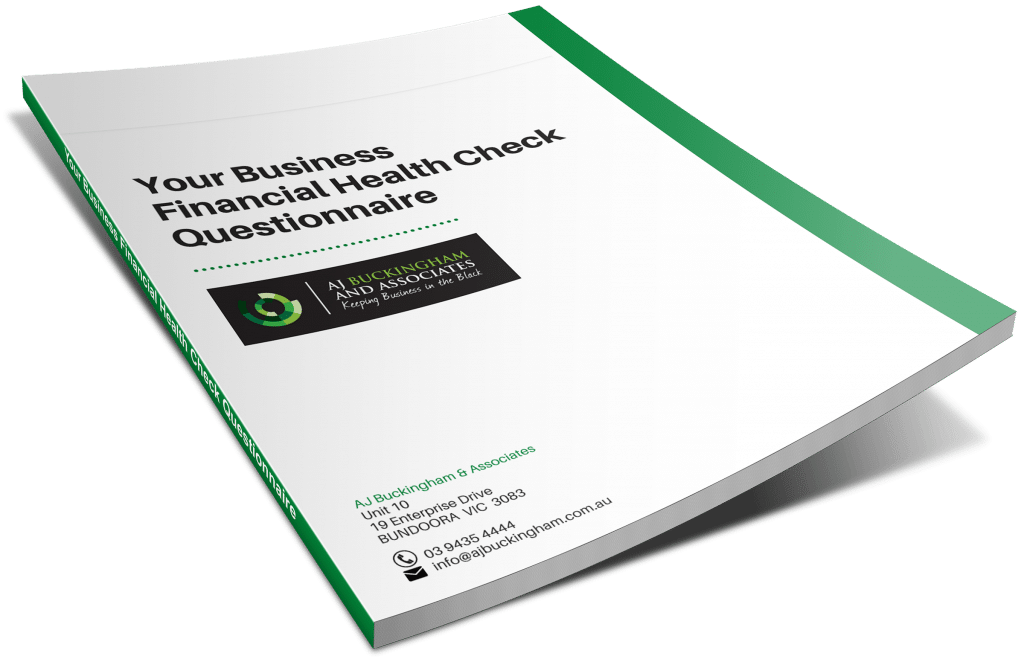If you’re thinking of hosting a work Christmas party this year or providing some presents to your employees, you need to be aware of the Fringe Benefits Tax implications.
Fringe Benefits Tax (FBT) is the tax employers pay on benefits they provide to employees and their family and other associates in addition to, or as part of, their salary or wages.
You probably already know that providing staff with motor vehicles for their private use or paying an employee’s private health insurance premium are subject to FBT but there are also potentially FBT implications if you host a Christmas party. The good news is there are some exemptions from FBT on Christmas parties that could save your business money. The ATO recently issued a 6-page document to explain the rules and here are a few guidelines to help you plan your 2018 Christmas party.

1. The Location
The Australian Tax Office (ATO) draws a distinction between your Christmas party being considered ‘entertainment’ and ‘non-entertainment’. If your party is held at your work premises they are more likely to consider your Christmas party as exempt from FBT. Unfortunately, holding your party in-house doesn’t guarantee an exemption from FBT and these are the ATO guidelines on what constitutes ‘entertainment’ including:
- Providing entertainment by way of food, drink or recreation;
- Providing accommodation or travel in connection with such entertainment; and
- Paying or reimbursing expenses incurred in obtaining something covered by either of the above.
It’s a matter of interpretation of the rules and each Christmas party should be assessed based on the facts of each case. The costs (such as food and drink) associated with Christmas parties are generally exempt from FBT if they are provided on a working day on your business premises and consumed by current employees.

2. The $300 Threshold
$300 is the threshold for what the ATO classifies as a ‘minor benefit’ that is exempt from FBT. There are, however, some conditions that apply to this exemption. Firstly, a minor benefit has to be infrequent and irregular, so you can’t host a Christmas party every week. If you only run an end-of-financialyear (EOFY) party and a Christmas party, you probably satisfy the minor benefit test. The total amount spent per head also has to be $300 or less, and this is for all similar expenses you’re claiming throughout that FBT year for that employee.
3. Focus on ‘Non-Entertainment’ Gifts
Tickets to concerts, movie vouchers and holidays are classified as entertainment gifts by the ATO and are usually subject to FBT. However, hampers, vouchers, bottles of wine and other similar gifts are classified as ‘non-entertainment’ and are generally exempt from FBT.
There are also different rules depending on whether gifts are for employees, clients or suppliers. For example, there is FBT exposure on employee gifts while gifts to clients and suppliers aren’t subject to FBT.
In summary, before you make the decision to host a staff Christmas party you need to consider the following
- How much are you planning to spend per head? The $300 threshold is critical.
- Where is the party being held?
- Guests – Is it just employees or are partners, clients and suppliers also invited?
- Are you handing out presents? What is the value of the gift, is it ‘entertainment’ and who are receiving them?

Tax Deductibility of a Christmas Party
The cost of providing a Christmas party is tax deductible only to the extent that it is subject to FBT. Therefore, any costs that are exempt from FBT (that is, exempt minor benefits and exempt property benefits) cannot be claimed as an income tax deduction.
Hosting a Christmas party can be lots of fun but if you also have to pay FBT it can end up being an expensive exercise. If you need any advice regarding the tax implications of your staff party, contact us today.

